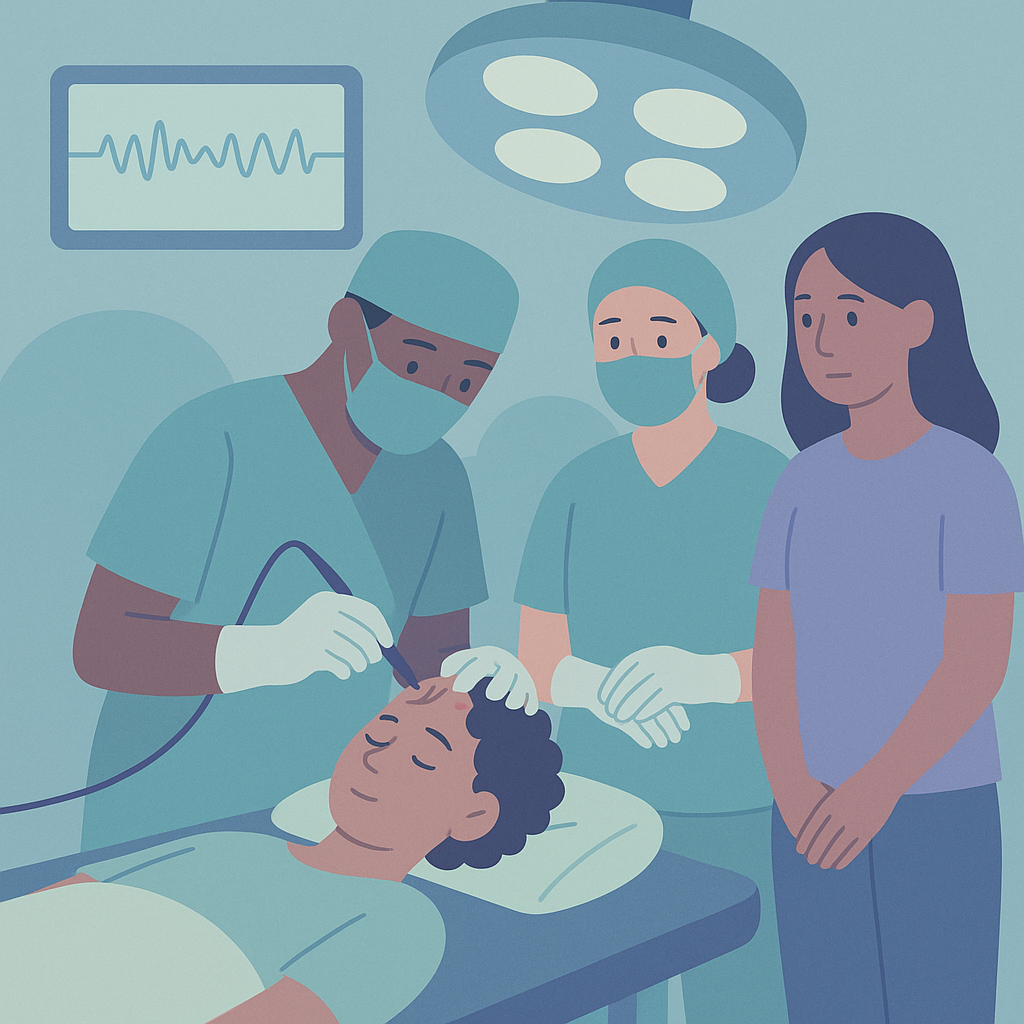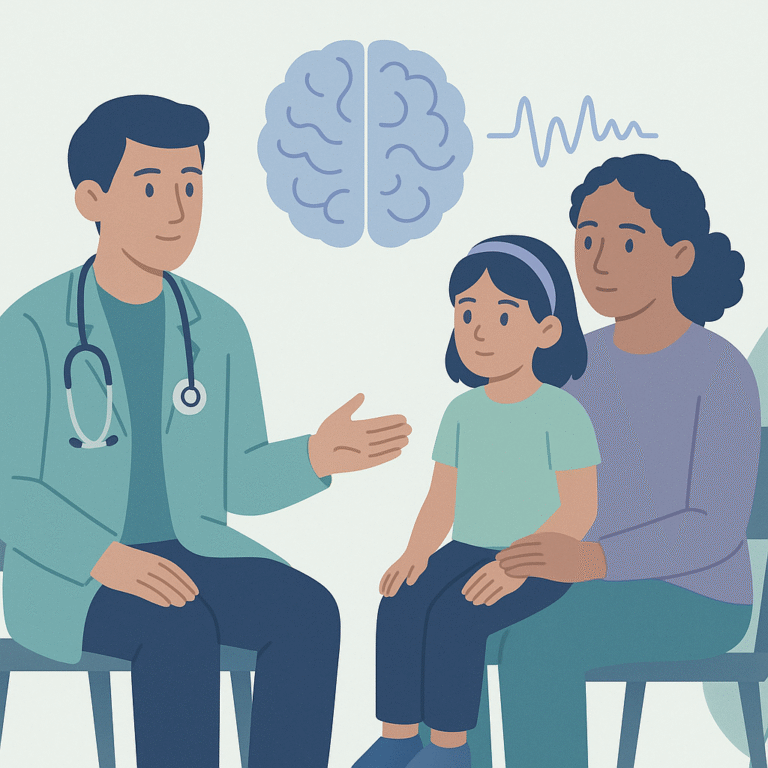Surgery Can Reduce Seizures in Autism and Epilepsy Patients
Source: Epilepsia
Summary
This study looked at how well epilepsy surgery works for people with autism spectrum disorder (ASD) who also have epilepsy. Researchers reviewed 46 studies that included a total of 325 patients with both conditions. The surgeries performed included removing parts of the brain (resective surgery) and other methods like vagus nerve stimulation and responsive neurostimulation.
The key findings showed that more than half of the patients who had brain surgery were free from seizures afterward. For those who had other types of surgery, about one-third experienced a significant reduction in their seizures. Patients who had brain scans showing abnormalities were more likely to become seizure-free after surgery compared to those without such findings. Additionally, many patients reported improvements in their overall quality of life after the surgery.
This research is important because it suggests that epilepsy surgery can be a good option for some individuals with ASD and epilepsy, potentially leading to fewer seizures and better quality of life. However, the study also has limitations, such as the small number of patients and the variety of surgical methods used, which means more research is needed to understand the best approaches for different individuals.
Free: Seizure First Aid Quick Guide (PDF)
Plus one plain-language weekly digest of new epilepsy research.
Unsubscribe anytime. No medical advice.





